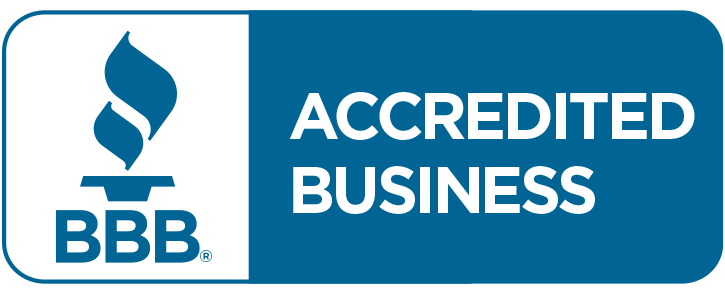Medicare and Employer Coverage
When Can I Delay Enrollment?
If your employer has at least 20 employees and you’re still working, you can delay Medicare enrollment. This also applies if you get coverage through your spouse’s employer.
If you decide to delay, you have 8 months to join Medicare after quitting or losing the employer coverage.
What If My Employer Has Fewer Than 20 Employees?
In this case, you’ll need to sign up for Medicare as soon as possible. It is strongly advised that you join during the Initial Enrollment Period, which starts three months before you turn 65 and lasts until three months after you turn 65.
If you do not join during the Initial Enrollment Period, you’ll need to wait until the General Enrollment Period, which is from January 1 to March 31, to get Medicare. Late enrollment fees will apply.
The late enrollment penalty for Part A is 10%, and you pay that added amount to your premiums for twice the number of years you delayed enrollment. The Part B late enrollment fee is permanent and accrues an extra 10% per year you wait.
What If I Want To Join A Medicare Advantage Plan?
Medicare Advantage does not allow you to have any other form of health insurance coverage. If you join Medicare Advantage, you will end up losing your employer coverage and may have no possibility of getting it back.
How Will My Medicare And Employer Coverage Work Together?
When you get treatments, Medicare and your employer plan will pay in a specified order instead of both at once. The two insurance policies are designated as “payers” in this instance. The first to pay is the primary payer, and the second is the secondary payer.
If your employer has 20 or more employees, your employer health plan will be the primary payer.
If your employer has fewer than 20 employees, Medicare will pay first and your employer health plan will be the secondary payer.
This does not guarantee that you will have $0 in out-of-pocket charges every time, but it does mean that your services will be heavily discounted at the very least.
Get Our Help Today
As you get closer to being eligible for Medicare, look no further than ReLion Insurance Solutions. We are dedicated experts who can help you maximize the coverage you already have because it’s never too early to take advantage of this great opportunity available to you. Employed or not, there’s a low-cost policy out there that fits your needs, and we’re here to help you get it. Call us today at 858-999-2858.

